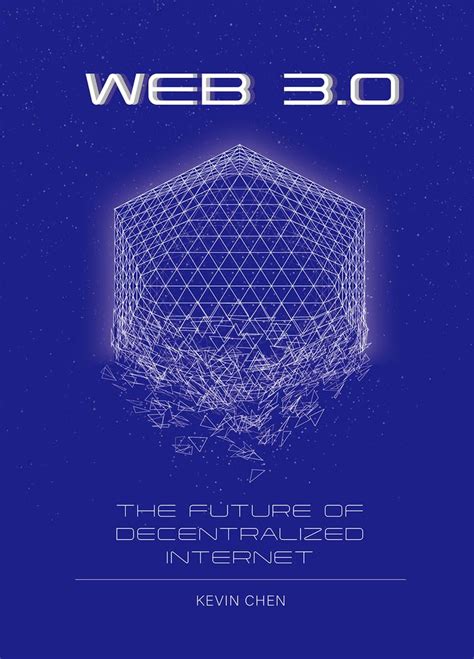Future of decentralized financing (Defi) in global markets: cryptocurrency perspective
As the world’s population continues to grow and global economies are increasingly linked, decentralized financing (defi) has proved to be a promising new limit to financial innovations. Defi is a roof that contains a variety of technologies and protocols that allow Peer-to-Peer transactions, lending, borrowing and other financial services, without intermediaries such as banks or governments.
In this article we will deal with the world of cryptocurrency, its role in the Defi and on the horizon for this fast developing field.
Rise of cryptocurrency
Cryptocurrencies are digital or virtual currencies that use cryptography for secure financial transactions. The first big breakthrough was delivered by Bitcoin, launched in 2009 by an anonymous person or group with a pseudonym Satoshi Nakamoto. Since then, many other cryptocurrencies have emerged, including Ethereum, Litecoin and Monero.
decentralized financing (defi)
Defi is based on blockchain technology, which allows safe, transparent and manipulation -proof transactions through a decentralized network of nodes. Defi protocols allow users to contact financial services more directly and efficiently than traditional Fiat currencies or centralized banking systems.
Some important features of Defi are as follows:
- Credit and borrow : Users can give cryptocurrencies on other interest rates that are often lower than traditional banks.
- Decentralized stock markets (DEXS) : Automated market manufacturers (AMMS) allow users to act without a mediator and provide fast, cheap transactions.
- Stable Coins : Cryptocurrencies such as USDT and USDC are bound to a FIATA value that provide a stable value memory and reduce the risk of conventional currencies.
- Oracle and data providers : Defi protocols often use external data sources such as blockchain analysis tools or external APIs to provide real-time market data.
Cryptocurrencys in Defi
Many cryptocurrencies were found in Defi ecosystems, including:
- Bitcoin (BTC)

: The original cryptocurrency, which is generally regarded as a value memory and reference value for defi protocols.
- ETHEREUM (ETH) : The largest Defi ecosystem with many applications such as credit platforms, decentralized stock exchanges and non-incomplete token markets (NFT).
- Cardano (ADA) : Blockchain platform with the stake’s platform, which drew attention to high scalability and secure intelligent contract features.
Challenges and opportunities
Defi has enormous potential but also has many challenges:
- Regulatory uncertainty : Governments continued to deal with the effects of Defi on traditional financial systems.
- Safety Risks : Cryptocurrencies are prone to hacking and other security threats, especially if users do not provide them properly.
- Dimensions Problems : Current restrictions of scalability prevent defi applications from introducing.
Despite these challenges, the cryptocurrency has created many options:
- Innovation and error : New Defi protocols and services in innovation and disorder in various industries, from loans to game.
- Accessibility : Cryptocurrencies have facilitated individuals access to financial services without intermediaries.
- Global Integration : Defi allows for transverse payments and capital flows that connect global markets.
Future of decentralized funding (Defi)
As the Defi develops, we can expect:
1.